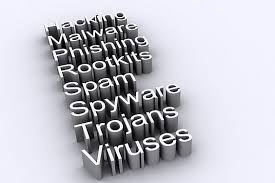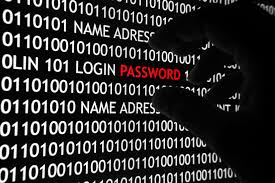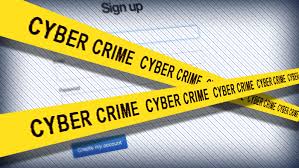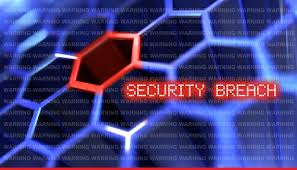Nairobi is on a quest to become an African technological hub and with 21 million internet users out of a population of 44 million Kenyans; it seems like the logical path to take. Yet as we look forward to this great achievement, there seems to be a problem as Kenya ranks 4th in Cyber crime cases in Africa. This is according to the latest statistics by the Kaspersky’s Lab.
The anti-cyber crime unit at the Directorate of Criminal Investigations admits that Kenya doesn’t have the capacity to deal with the current global increase in cyber-crimes. In January 2012, in one night alone, 103 websites were hacked into. This alone shows Kenya is struggling to contain this menace yet failing miserably at it.
Since they say that Prevention is better than cure, our best weapon when it comes to Cyber crimes is putting up preventive measures. According to security consultant Jay Beale, the following steps can be taken by system administrators who seek to prevent system attacks.
- Harden up your systems: this is done by deactivating unnecessary software. This refers to software that is not in use. This kind of software can easily be targeted because it is not being monitored. The software that is also in use should be correctly configured to boost security.
- Patch up all your systems: Patches refer to vulnerabilities that might be present in the programs at use. A system administrator should be able to keep an eye on these patches and also on any new versions of the programs that their system is currently using. It’s also advisable to avoid using applications that had been previously recognized as having vulnerabilities.

- Install a Firewall in the system: Firewalls usually function by vetting the network traffic that is entering or leaving a system and giving access to transmit and receive only user-authorized software. Every system should have a packet-filtering firewall to enforce security at the border.
- Be cautious when setting passwords: Do not use names of people close to you, family names, birth dates, or even the same passwords for all your accounts.

- Do not install software from little known sites. Always verify their authenticity before installation.
- Always use Anti-virus software and keep your virus definitions up-to-date.
These measures and many others can be passed around the masses by thorough and rigorous training of security personnel in cyber-security. Security personnel need to understand how to recognize the flaws in their computer systems and by so doing close any gaps that might pose a security risk for the system. An Ethical Hacking & Countermeasures Training program by Kenvision Techniks will do this very well.


